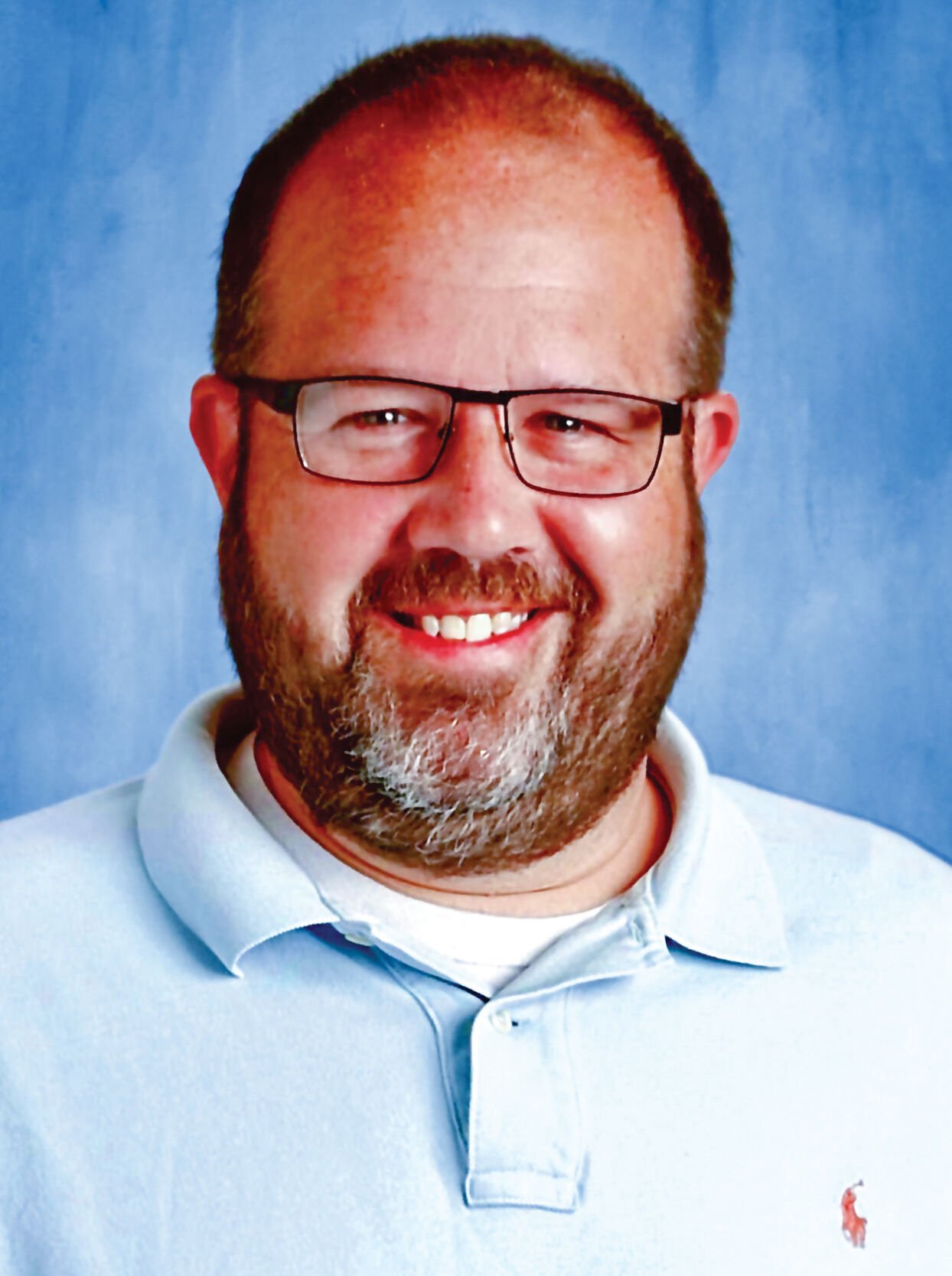Richard and Robert Sherman are wonderful songwriters. They are responsible for the most-performed song of all time, “It’s a Small World (After All),” heard daily at the Disney-themed parks featuring the Small World ride. The Shermans also wrote memorable music for Winnie the Pooh, Mary Poppins, The Jungle Book, Bedknobs & Broomsticks, Chitty Chitty Bang Bang, Charlotte’s Web, and many other family friendly films. They also wrote successful pop tunes such as “You’re Sixteen,” “Pineapple Princess,” and “Let’s Get Together.”
In all likelihood, you have heard some of their songs and may perhaps even know them by heart.
My former band directing colleague John Paul Jones, who is now employed by Walt Disney World, once drove all the way to Richard Sherman’s home in Beverly Hills just to tell him how much he loved his music. According to John Paul, Mr. Sherman was walking outside to pick up his morning paper when he spotted John Paul in his driveway! “I drove all the way from Alabama just to tell you how much I love your music,” he told a surprised Mr. Sherman!
Perhaps more than any of their compositions, “Feed the Birds” is the most meaningful. The haunting melody is performed in the Mary Poppins film and stage musical as a lullaby sung by Mary Poppins to children Jane and Michael Banks. It is heard again later on in a very dramatic choral and orchestral setting, in a musical cue called “Mr. Banks is Discharged.”
What is so special about the song?
The lyrics have to do with a beggar woman who sits on the St. Paul’s Cathedral steps begging for two-pence (a two-penny coin) per bag, to feed the pigeons and doves in that area of downtown London. Mary Poppins sings about the woman. The next day, the Banks children are on a field trip to their father’s workplace, the Fidelity Fiduciary Bank, and encounter the Bird Woman in person. The children are stopped by their father from making a donation. Mr. Banks has little tolerance for a beggar; to him, a man is successful when he is able “to carve his niche in the edifice of time.”
The character of George Banks is only doing what most men, or fathers, are expected to do: he spends more time at his job than he does at home. Yet, his relationship with his children is limited to the regular hiring and firing of nannies until the magical Mary Poppins enters the life of his family and he begins to see that, in reality, he is a failure.
The simple act of kindness described in the song may be what makes it so special. It may be one of the first, and it’s certainly one of the few, that deal with homeless people. In the reprise of the song late in the film, as Mr. Banks is summoned to his job to be fired, he hopes to see the Bird Woman but she is gone – highlighting the need for one to show that random act of kindness when the opportunity arises, because it may not come around again.
Many years after Walt Disney’s death, Robert Sherman remembered: “On Fridays, after work, Disney would often invite us into his office and we'd talk about things that were going on at the Studio. After a while, he'd wander to the north window, look out into the distance and just say, ‘Play it.’ And Dick would wander over to the piano and play ‘Feed the Birds’ for him. One time just as Dick was almost finished, I heard Walt say, ‘Yep. That's what it's all about.’ Songs have been written about a myriad of subjects. 'Feed the Birds' is the first song written about the merits of giving charity.”
When Walt Disney died in 1966, the Sherman brothers played “Feed the Birds” at his funeral.

